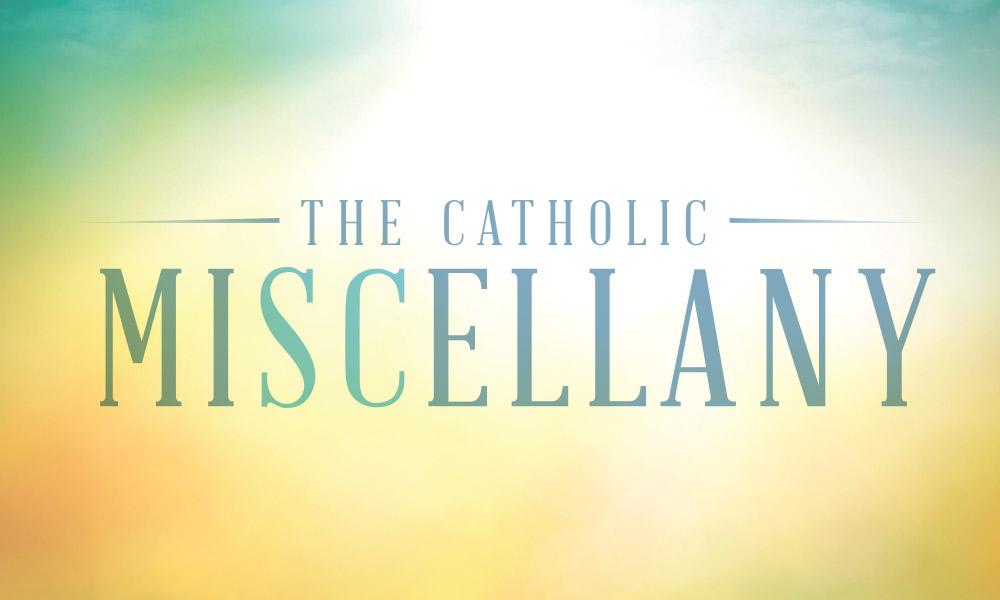
A Season of Schooling
A school of faith.
A school of virtue.
A school of grace.
A school of prayer.
A school of life.
All of these phrases appear in the writings and addresses of St. John Paul II, with echoes in subsequent messages by Popes Benedict XVI and Francis.
Using the school as a convenient metaphor is understandable for popes who have been highly educated, have written and taught and have been committed to lifelong learning. What is quite interesting, however, is that some of their “schools” are decidedly non-academic. Both St. John Paul II and Francis have spoken of sports as a school of human virtue. The idea is that a truly dedicated sportsman or sportswoman must practice good judgment, fair play and integrity, self-discipline and courage, which constitute the cardinal virtues. St. John Paul II also said, “Volunteer work is called to be a school of life.” By that, he meant that service — unpaid service, typically prompted by a desire for outreach, self-giving and human solidarity — is learned as we put these promptings into practice: think soup kitchens and building homes for Habitat for Humanity.
Events and seasons in Church life are also termed schools by our popes. St. John Paul II termed World Youth Day 15 “a school of faith” as young people from many nations gathered to sing, listen and worship in a spirit of peace and friendship. He also pointed to Lenten practices as “a school of grace.” Pope Benedict XVI called reflecting on Scripture and the lives of the Blessed Mother and the saints “a school of prayer,” and Pope Francis expanded that description to encompass the whole life of the Church.
Discipleship, by its very word-root, commits us to learning. Our basic life projects as disciples of the Lord are to grow in wisdom and love. That entails coming to deeper and deeper understandings of who God is, how God works and what God wills. It also means that we become more and more capable of reading hearts and responding with compassion to our human brothers and sisters.
We find that formal education and exposure to the wider world can hone our faith, engage us in the lives of others and sometimes bring us to our knees. As we open another school year, we sincerely hope that is what happens to our students. At the same time, we have to acknowledge that we often find profound wisdom and true sanctity in the unschooled or under-educated.
Time and time again, we are reminded that the great teachers of faith, moral goodness and prayer have been the babas, the nanas, the abuelas. These grandmothers, often unlettered, have so often been our guiding lights. The same is true of certain janitors and cafeteria workers. A good student will pay close attention to them.
Yes, we remember that St. Paul and the Greek and Latin Fathers of the Church were highly schooled. But quite a few of the ones who first imparted the Gospel got their smarts from observing sheep and fig trees — and studying schools of fish.
Sister Pamela Smith, SSCM, Ph.D., is the diocesan director for ecumenical and interreligious affairs. Email her at psmith@charlestondiocese.org.
